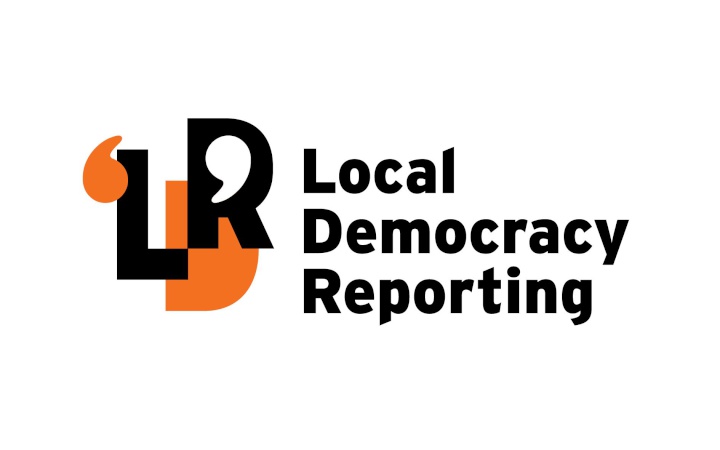A civil defence controller in the Ruapehu district is calling for more resources to help local communities manage emergencies for as long as they need to.
Ruapehu District Council chief executive Clive Manley says locals are first responders and must be fully enabled to cope in an emergency until outside help can arrive.
“Communities are the first level of response during emergencies, and it is vital they are funded and equipped to respond quickly, safely and effectively.”
The call comes following the Government decision this month not to proceed with the emergency management Bill in its current form.
Minister for Emergency Management and Recovery Mark Mitchell has announced he will introduce a new Bill this term.
Manley said the revised Bill should have a strong focus on empowering local communities to improve local and regional resilience.
Key to this was developing reliable alert systems, ensuring communities are well-prepared with plans and leadership, using local resources and volunteers effectively, and establishing strong communication networks.
Manley has more than 30 years of experience as a controller in civil defence and other emergency responses.
“A reliable national framework for an alerting and information system is essential,” Manley said.
“Communities need timely alerts to take necessary actions such as evacuations or avoiding hazards. Understanding hazards and setting alert thresholds are a crucial part of this.”
Communities also needed to have action plans in place that respond to known threats, and it was vital to have community leaders who could communicate and manage resources.
“First responders require reliable situational awareness through communication with trusted local leaders. Effective emergency coordination requires robust two-way communication tools, such as Starlink, between emergency coordinators, local leaders, and communities.
“Identifying and supporting vulnerable members is also critical. Local welfare needs should be managed locally with external resource support when necessary.
“As demonstrated during the COVID-19 response, local iwi often have the best understanding of these needs.
“We must utilise local resources and volunteers effectively. They need pre-established logistical support to be effective.”
Manley urged the Government to have these needs in mind when revising the emergency management Bill.
In documents relating to the Government’s decision not to proceed with the Bill, Mitchell said the Emergency Management Bill was intended to replace the Civil Defence Emergency Management Act 2002 to improve readiness and response, and to recognise the role of Māori in emergency management.
The Minister said recent emergency events had made it clear that a more fundamental review of emergency management policy and legislation was needed to address risk reduction, readiness, response, and recovery.



 Gordon Campbell: On The Fall And Rise Of Pat Garrett And Billy The Kid
Gordon Campbell: On The Fall And Rise Of Pat Garrett And Billy The Kid Taxpayers' Union: Poor Data Privacy A Problem Throughout The Public Sector
Taxpayers' Union: Poor Data Privacy A Problem Throughout The Public Sector Gaming Machine Association of NZ: Gaming Machine Association To Work With With Local Councils To Develop Relocation Policies In Light Of Court Decision
Gaming Machine Association of NZ: Gaming Machine Association To Work With With Local Councils To Develop Relocation Policies In Light Of Court Decision Biosecurity New Zealand: Biosecurity NZ Investigating And Boosting Trapping After New Auckland Fruit Fly Find
Biosecurity New Zealand: Biosecurity NZ Investigating And Boosting Trapping After New Auckland Fruit Fly Find NZ Labour Party: Two Labour Members’ Bills Drawn From Ballot
NZ Labour Party: Two Labour Members’ Bills Drawn From Ballot Green Party: Right To Repair Bill Passes Significant Step
Green Party: Right To Repair Bill Passes Significant Step Te Pati Maori: No ‘Māori Privilege’ In Education
Te Pati Maori: No ‘Māori Privilege’ In Education


